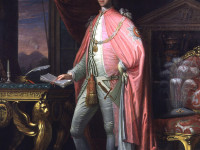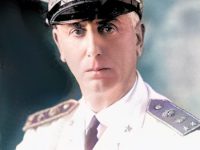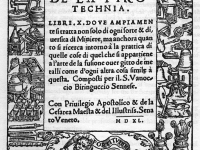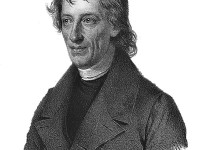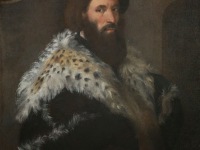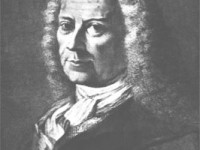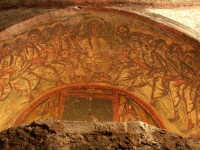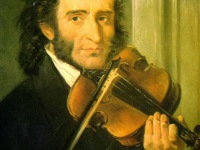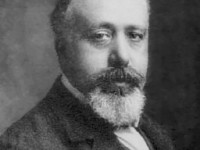Sir William Hamilton and the Volcanoes
On December 13, 1730, Scottish diplomat, antiquarian, archaeologist and vulcanologist Sir William Hamilton was born. Hamilton served as British Ambassador to the Kingdom of Naples from 1764 to 1800, where he studied the volcanoes Vesuvius and also Etna on Sicily. William Hamilton – Early Years Hamilton was born in either London or at Park Place, Berkshire, the fourth son of Lord Archibald Hamilton, governor of Jamaica, and Lady Jane Hamilton. His mother…
Read more

